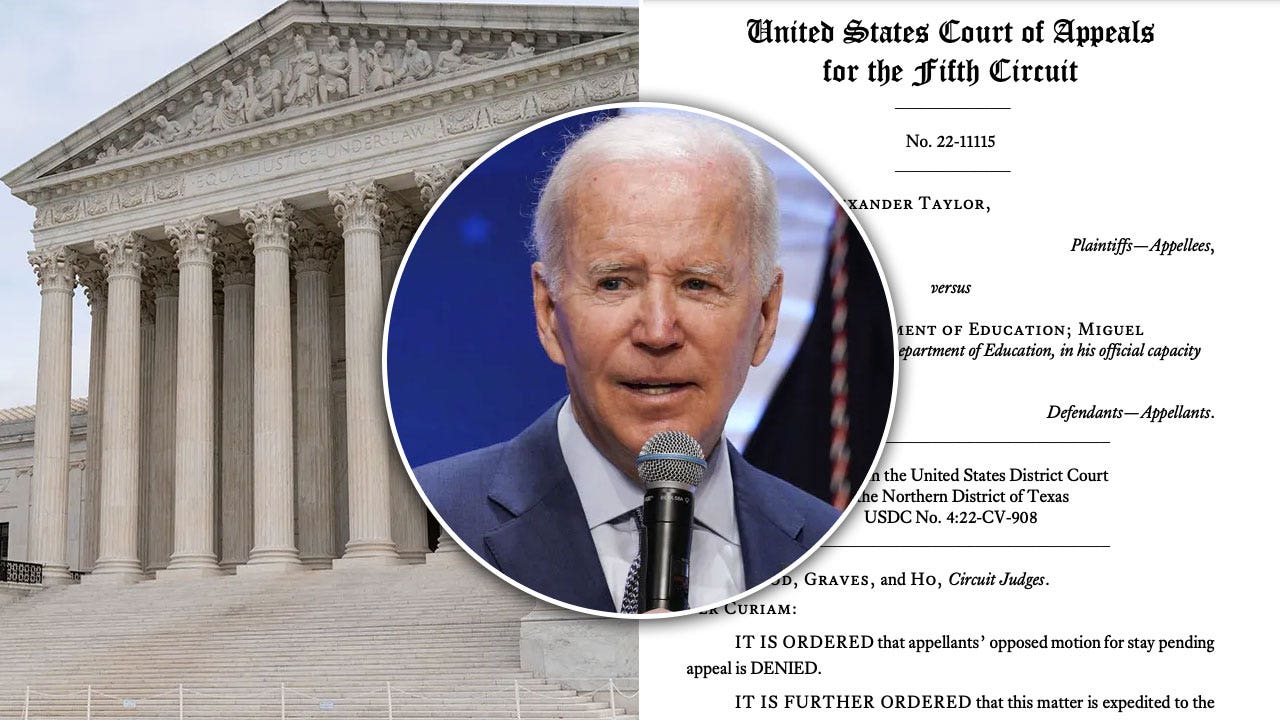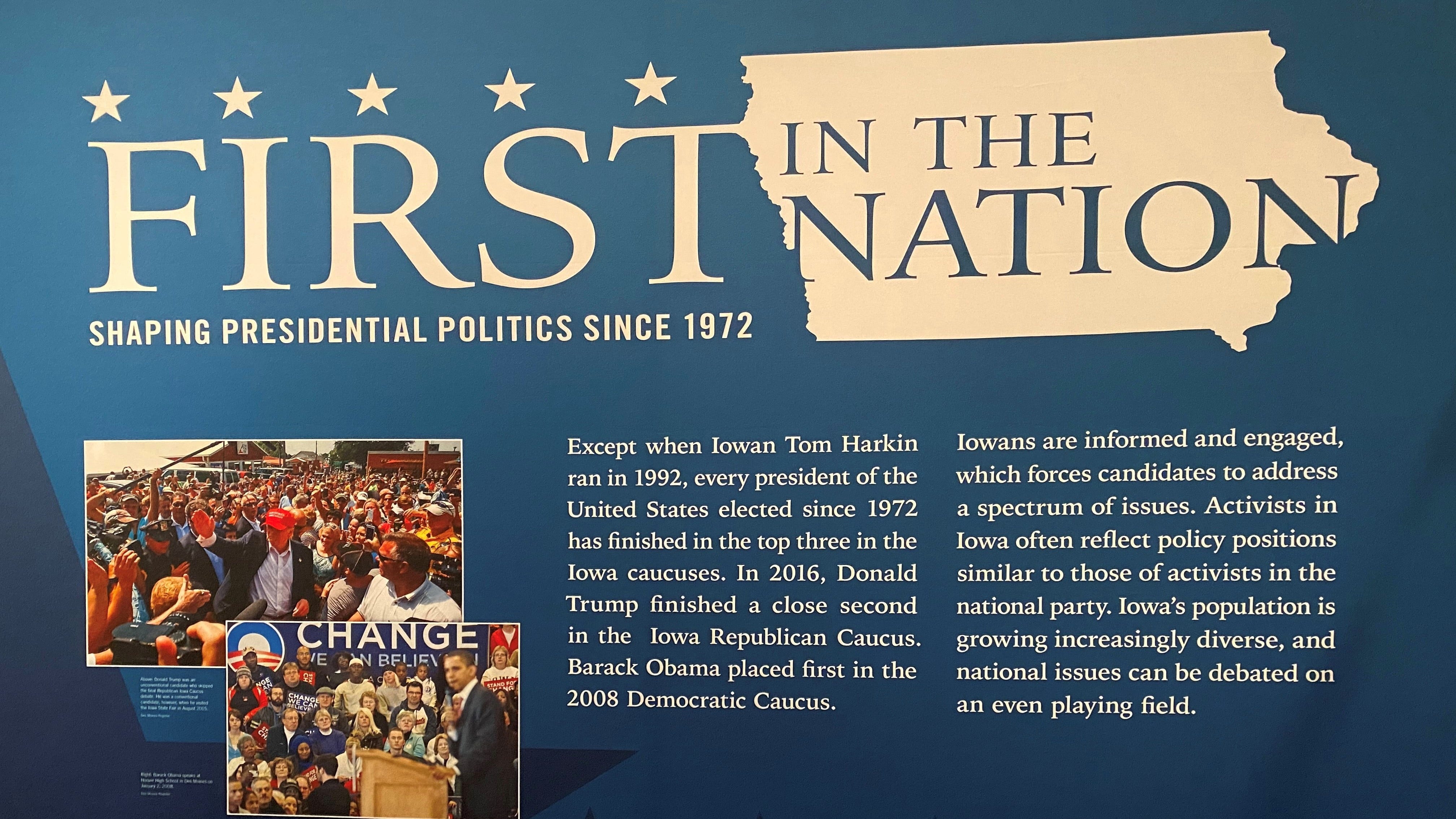U.S. Secretary of Commerce Gina Raimondo said on Sunday that the dismal April jobs report shows the economy” target=”_blank”>economy< pandemic amid criticism that extended unemployment benefits are lowering the incentive for Americans to get back to work.
The U.S. added just 266,000 new jobs last month, well below the 1 million forecast by Wall Street.
“I think we have a long way to go to recover from the pandemic. There are so many Americans still struggling. Eight million fewer jobs than there were pre-pandemic,” Raimondo said during an appearance on CBS’ “Face the Nation.” “We are working very hard. In fact, we had a meeting with the president on Friday, and that was his direction to us, which is we are making bold moves, but there’s a long way to go and we have to be there to help Americans find jobs.”
Amid an accelerated vaccine rate, trillions in government stimulus and easing pandemic restrictions, businesses have reported difficulty in onboarding new workers.
US HIRING SHARPLY MISSES EXPECTATIONS IN APRIL WITH JUST 266,000 NEW JOBS ADDED
Companies have been quick to blame the sweetened unemployment benefits provided to workers during the pandemic; the $1.9 trillion stimulus package that President Biden signed into law in March boosted unemployment aid by $300 a week through Sept 6, 2021 and included a third $1,400 payment for millions of Americans.
Raimondo said her team was “monitoring” whether such relief was negatively affecting the job market, but at this point, “there’s nothing in the data which would suggest that that’s the reason people are out of work.”
“We have to remember that when the president moved to make this happen, this unemployment insurance has been a lifeline, a survival, you know, lifeline for so many Americans,” the commerce secretary continued. “The number one reason now that people aren’t going back to work is what you said: fear or if they can’t find childcare or schools are still closed. So we’ll monitor it as necessary. But right now, we don’t think that’s because people aren’t able to go back to work.”
South Carolina and Montana are nixxing unemployment benefits, citing their effect on the workforce. And Rhode Island Gov. Daniel McKee, who is Raimondo’s successor, is pushing for legislation to allow people to keep some of benefits if they go back to work.
“This is regional, and it’s appropriate that governors in different regions would respond to what’s going on in their regional labor market. But if you look nationally, wages aren’t going up,” Raimondo said. “People are still telling us the number one reason they’re not going back to work is fear due to the virus. And more people were looking for work last month than the month before.”
Another Biden administration official, White House COVID-19 response coordinator Jeff Zients, on Sunday also rejected the notion that enhanced benefits were to blame for the dismal job report.
“People want to work. In fact, labor force participation, those people who are looking for jobs, went up last month,” Zients said Sunday during an interview on CNN’s “State of the Union.” “There are still difficult hurtles for people who are working including health concerns around the pandemic, child care. The American Rescue Plan was a really importance piece of legislation, a historic piece of legislation to help us recover and build back better.”
Zients, who served as the director of the economic council under former President Barack Obama, argued that President Biden created more jobs during his first 100 days in office than any other president in history.
“One of the things that I did learn as NEC director is not to pay too much attention to one data point in any one month. If you look back across the last three months we’ve averaged 500,000 jobs. That compares to 60,000 jobs created per month in the prior administration during their last three months,” he said. “So we’re headed in the right direction, but it’s a long path out of the difficult period of time that we’ve had because of the pandemic.”
FOX Business’ Megan Henney contributed to this report.
 Iktodaypk Latest international news, sport and comment
Iktodaypk Latest international news, sport and comment






